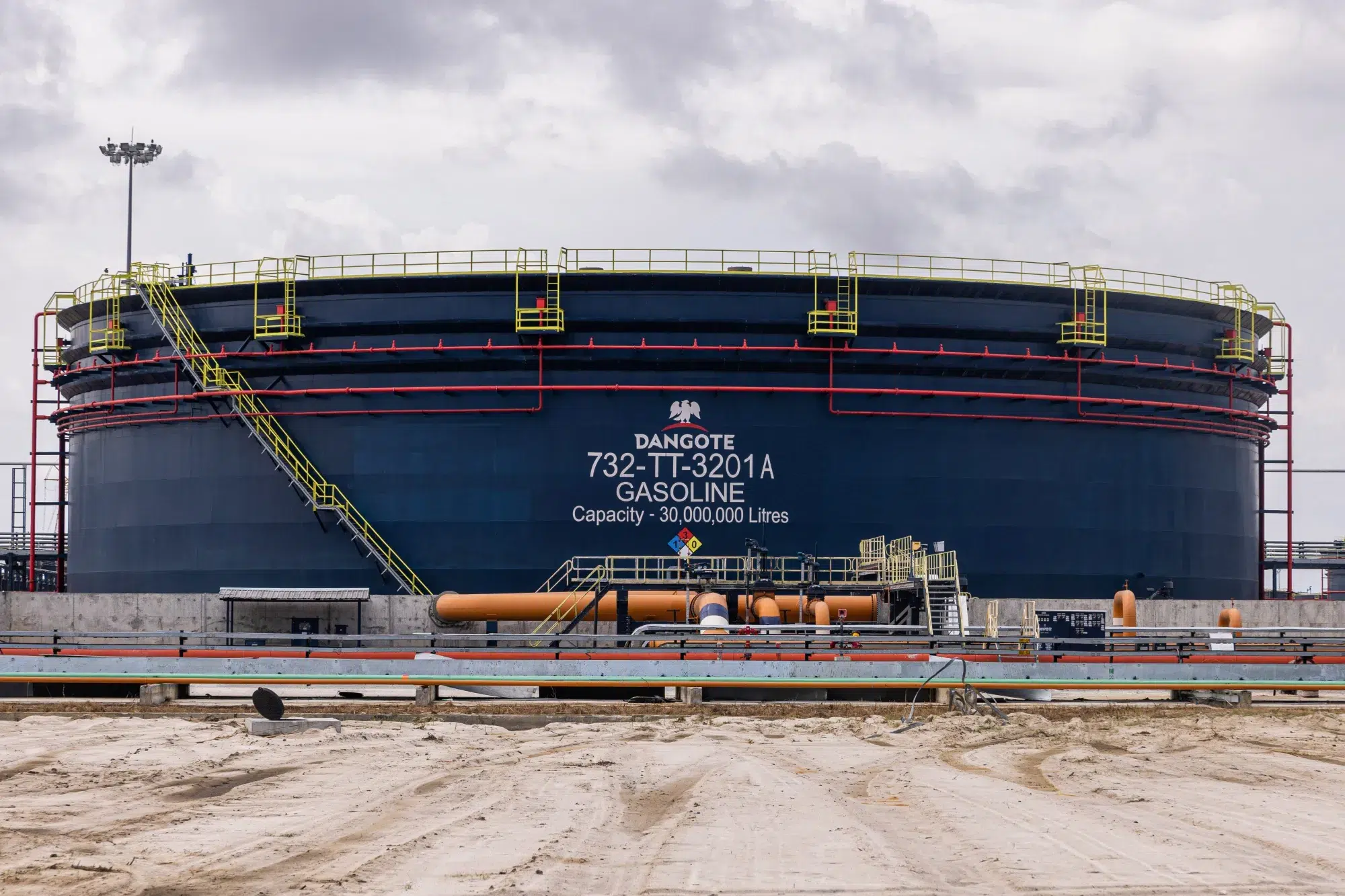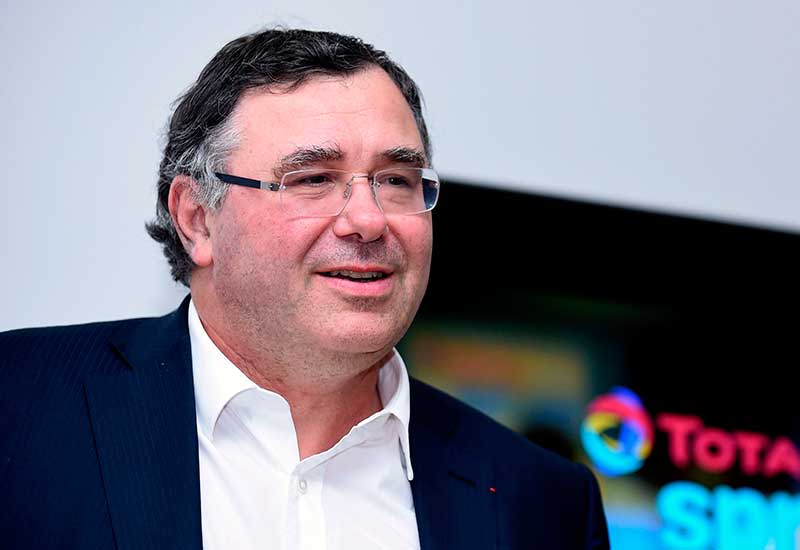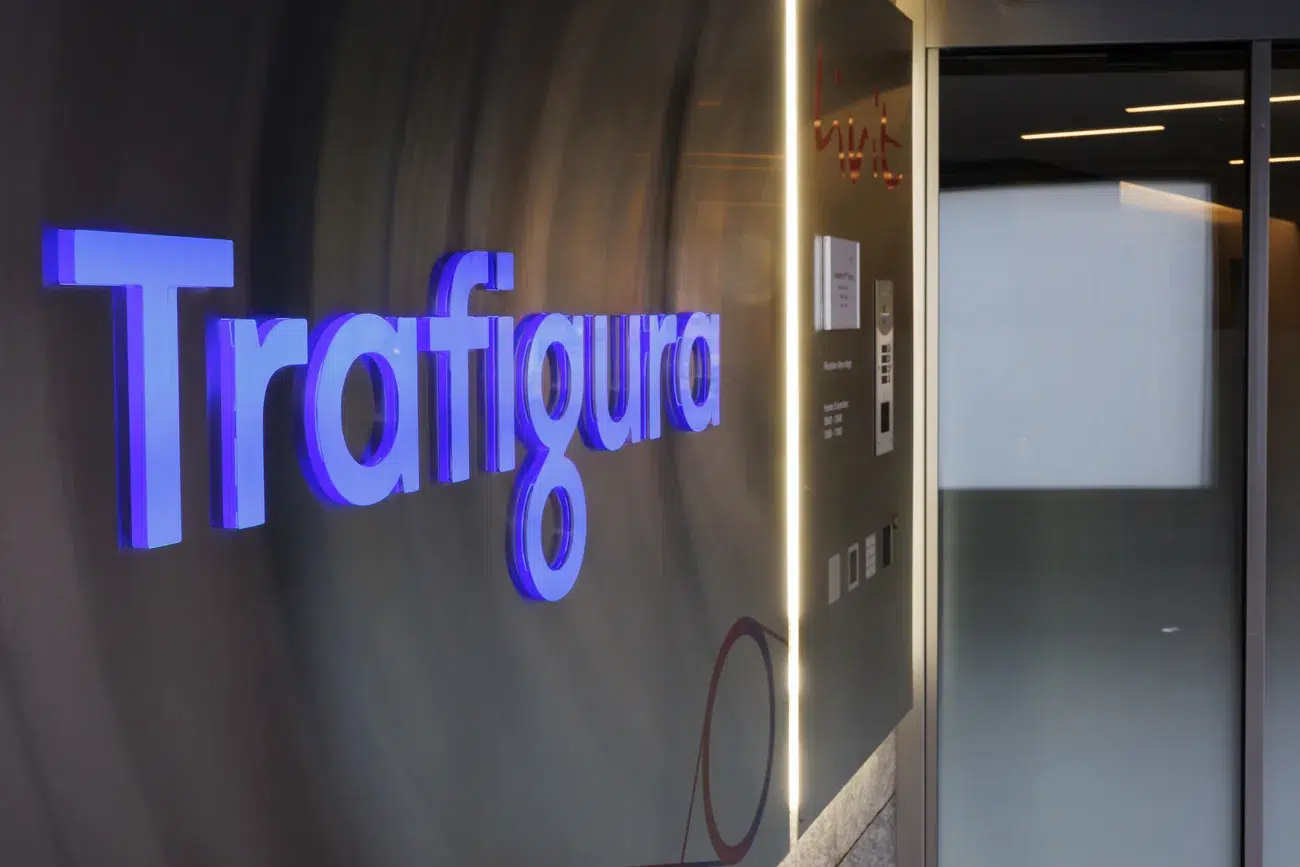Kenya intends to establish a sovereign wealth fund for revenue from minerals and petroleum to cushion the economy against downturns and preserve wealth for future generations.
President William Ruto said the fund will be invested in key sectors of the economy to help avoid repeating a debt binge that has strained public finances in recent years.
“We are in the process of having two important funds. One, infrastructure fund, and the other, which we are going to roll out, sovereign wealth fund,” Ruto said.
“As responsible citizens of the present, we must think about the generations of tomorrow and we must keep for them something, so that tomorrow, they have a place to start.”
A sovereign wealth fund is a state-owned investment fund composed of money generated by a country’s surplus reserves.
These funds are typically established to achieve long-term economic objectives such as stabilizing the economy, saving for future generations, or diversifying national income sources.
Inside Kenya’s sovereign wealth fund
Kenya’s proposed Sovereign Wealth Fund will be structured around three key pillars: a stabilization fund, an infrastructure investment arm, and a long-term savings component, according to draft legislation currently under review.
President William Ruto revealed that a planned share offering could raise up to 130 billion Kenyan shillings ($1.01 billion), which would be directed toward expanding the country’s electricity generation capacity.
Kenya currently produces around 2,300MW of power, well below the 10,000MW Ruto says is essential to drive industrialization.
“For far too long we have been on an average trajectory, and that is why we are not making progress,” the president remarked, indicating the urgency of scaling up energy infrastructure.
The infrastructure investment arm of the fund, he added, will prioritize export-oriented agriculture, Kenya’s largest economic sector, to enhance productivity and competitiveness in global markets.
Although no timeline was provided for the fund’s launch, Kenya is eyeing late 2026 to commence commercial oil production.
The government is expected to approve a field development plan (FDP) for the Turkana oil project, now led by Gulf Energy following the exit of Tullow Oil.
The Sovereign Wealth Fund is seen as a strategic tool to manage future resource revenues, stabilize the economy, and invest in transformative sectors critical to Kenya’s long-term growth.
Kenya eyes oil sector privatisation to ease debt
Amid mounting debt pressures, Kenya is advancing plans to privatize key state-owned assets in its oil and energy sector, aiming to unlock fresh capital and support the establishment of new sovereign investment vehicles.
Over the past decade, the country has significantly increased borrowing to finance large-scale infrastructure projects, resulting in one of the highest debt service-to-revenue ratios in Africa.
In response, lawmakers are finalizing legislation to guide the controversial privatization process, offering Ruto’s administration a pathway to raise funds for economic stabilization and infrastructure development.
The privatization drive is set to begin with the sale of shares in the Kenya Pipeline Company (KPC), a strategic state enterprise responsible for transporting petroleum products across the country.
Established in 1973, KPC operates a 1,300-kilometre pipeline network that links the port of Mombasa to Nairobi, western Kenya, and extends into Uganda—making it one of Kenya’s most valuable energy infrastructure assets.
Other assets under consideration for privatization include the National Oil Corporation (NOC) and the Kenyatta International Convention Centre (KICC).
However, legal hurdles remain, as a court injunction issued last year temporarily blocked the sale of these two public properties.









